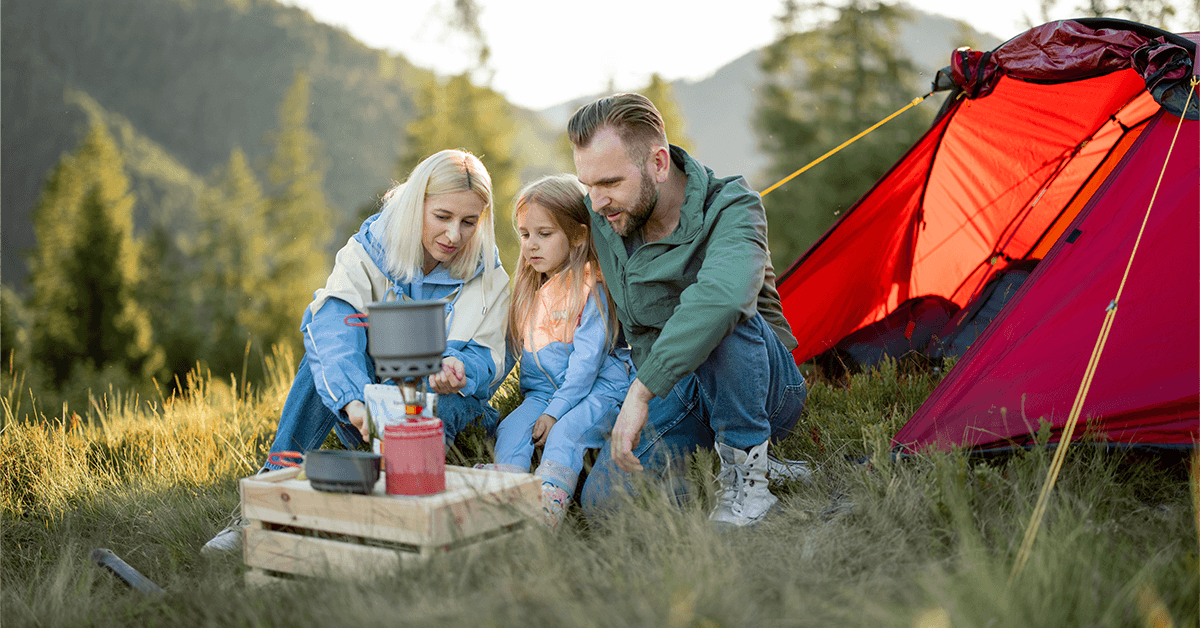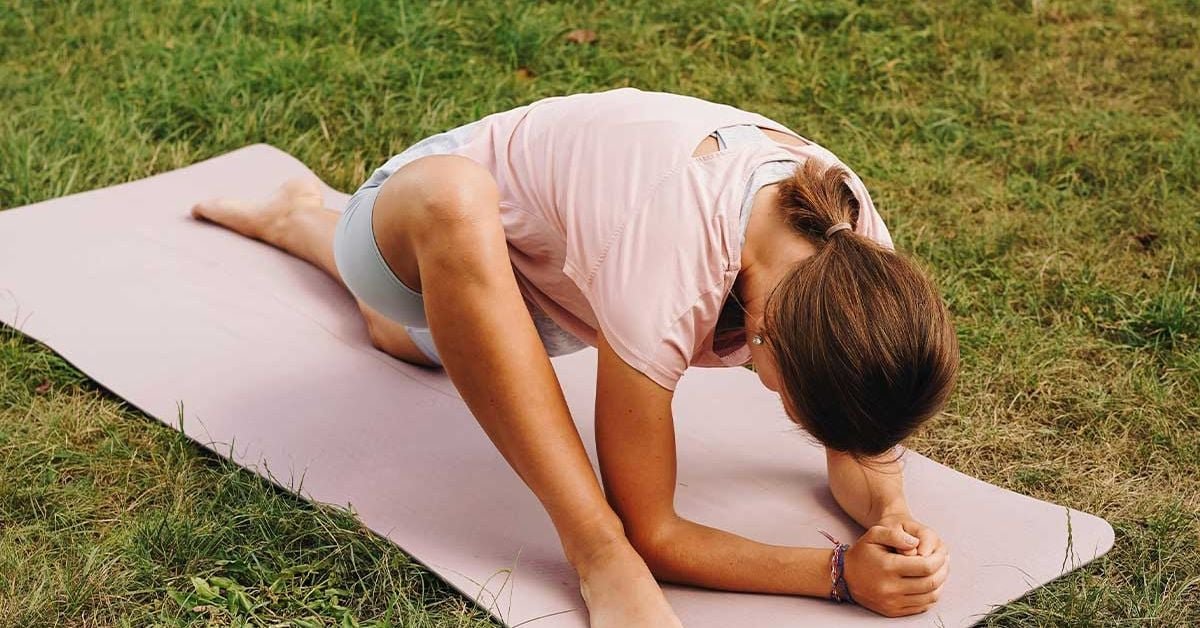Quick question—what’s your favorite summer pastime? Whether you prefer an adventurous hike in the woods or relaxing by the beach, perhaps you cherish time spent in the garden or at a campsite. No matter what your summer love is, there are plenty of ways to make it more environmentally friendly while having a fantastic time. Here’s your ultimate guide to an unforgettable eco-conscious summer for you and your family.
Eco-Friendly Summer Bucket List
- Take a road trip that’s kinder to the planet: consider carpooling or utilizing public transportation.
- Explore your local farmers’ market, chat with vendors, and use your fresh finds to try a new plant-based recipe!
- Enjoy some hiking or stroll down a forest trail. Not an expert? No worries! Find family-friendly trails suitable for all skill levels, even if you’re carrying a baby or pushing a stroller.
- Experience camping. If you lack gear, consider borrowing from friends or purchasing second-hand items to lessen your impact.
- Create frozen treats like ice pops from slightly overripe fruits and berries, or make smoothies and freeze them into pops!
- Cool off by swimming in a local lake or the ocean.
- Host a picnic featuring lunch made from local, seasonal ingredients, and don’t forget to bring reusable items from home, like cloth napkins.
- Establish a Little Free Library in your neighborhood.
- Learn to identify local plants and animals, including mushrooms, berries, and birds—use a botany guide or an app to assist.
- Enjoy a classic bike ride.
- Throw a pizza party with ingredients sourced from local providers.
- Organize a clothing exchange, toy swap, or garage sale with your neighbors; involve other families to trade items you no longer need.
- Start a garden. No yard? Try container gardening or utilize community gardens in your area.
- Participate in or organize a local shoreline cleanup.
- Become a citizen scientist by volunteering your time to contribute data to governmental or nonprofit organizations (look into programs like Citizen Scientist offered by Nature Kids BC, Birds Canada, Parks Canada, or the Government of Canada).
- Stay up late and go stargazing, trying to identify constellations, stars, and planets. Keep track of the moon phases while enjoying some organic, fair-trade hot chocolate!
- Support local pollinators by participating in the David Suzuki Foundation’s Butterflyway Project.
- Explore your own city by walking, biking, or using public transport. Discover local cafés, restaurants, and attractions.
- Learn how to save seeds for the next growing season.
- Help glean local fruit trees to prevent waste by participating in projects like Vancouver Fruit Tree.
- Organize a waste-free neighborhood potluck or block party, encouraging guests to bring their own reusable items!
- Hone your eco skills in the kitchen: find out how to bake bread from scratch or learn to ferment or can seasonal produce.
- Volunteer in local parks to remove invasive species.
- Experience forest bathing—simply soak in nature’s beauty by enjoying the sights, sounds, and atmosphere of the forest.
- Try your hand at something new: enroll in canoeing, kayaking, surfing, or paddleboarding classes.
- Create a nature mandala using natural materials.
- Take a foraging class or learn from a knowledgeable guide to safely gather wild edibles.
- Celebrate the summer solstice by engaging in community events or spending quality time in nature in a way that resonates with you.
- Offer to assist your neighbors with weeding or yard work.
- Make DIY bubble solution and have fun blowing bubbles.
Eco-Friendly Wedding Gifts
Something old, something new, something borrowed, and something…green? This wedding season, consider giving an eco-conscious gift. If there’s no gift registry or you’re opting for a unique gift (it’s always polite to check with the couple first), think about these options:
- sustainable home cleaning products
- handcrafted home goods from a local artisan
- gardening tools or plants
- outdoor equipment, such as camping gear
- non-material experience gifts, like a gift certificate for a local business or service
- a donation to an environmental nonprofit
- cash—it may not be extravagant, but it can be put to great use!
Summer Skincare
Consider adjusting your skincare routine for warmer months by switching from heavy creams to lighter lotions or gel creams. A refreshing facial mist can be delightful on hot days. Always remember to cleanse gently and remove makeup before bedtime.
No skincare routine is complete without sunscreen, which can help reduce the risk of skin cancer, sunburn, hyperpigmentation, and signs of aging. Experts recommend using a broad-spectrum SPF of 30 or higher for everyday use and SPF 60 or more for outdoor activities, reapplying every two hours. Don’t forget an SPF lip balm!
What’s the best sunscreen? “The one you will actually use,” say dermatologists. Those with sensitive skin may prefer mineral-based sunscreens, while some individuals with darker skin tones might find certain mineral sunscreens leave a white residue. Everyone’s skin is unique.
Regarding concerns about chemical sunscreens harming coral, the topic is complex. Some studies suggest that nano-sized particles in some mineral sunscreens may also be damaging to coral, emphasizing the need for further research. To protect coral and the oceans, we must take collective action against climate change.
Some of the simplest, most natural alternatives to sunscreen include covering up with hats, sunglasses, and UV-protective swimwear while limiting your sun exposure. Mild sunburns may benefit from topical aloe vera, but for anything more severe, seek medical attention.
Eco-Friendly Moving Tips
Summer also marks the peak moving season. If you’re preparing for a move, consider these tips to make your transition more environmentally friendly.
- Wrap fragile items in soft cloths and clothing you already plan to pack.
- Rent reusable moving bins and totes or reuse cardboard boxes (ask friends and family to save theirs for you!).
- Declutter before your move and donate unwanted items to charity.
- Choose a moving company that implements eco-friendly practices.
Don’t let your eco-friendly habits fade away when September arrives. Many of these activities can be enjoyed all year round!
If you have children, encourage them to document their summer experiences through journaling, art, or photography. This way, they can share their joyful summer memories during the school year.






